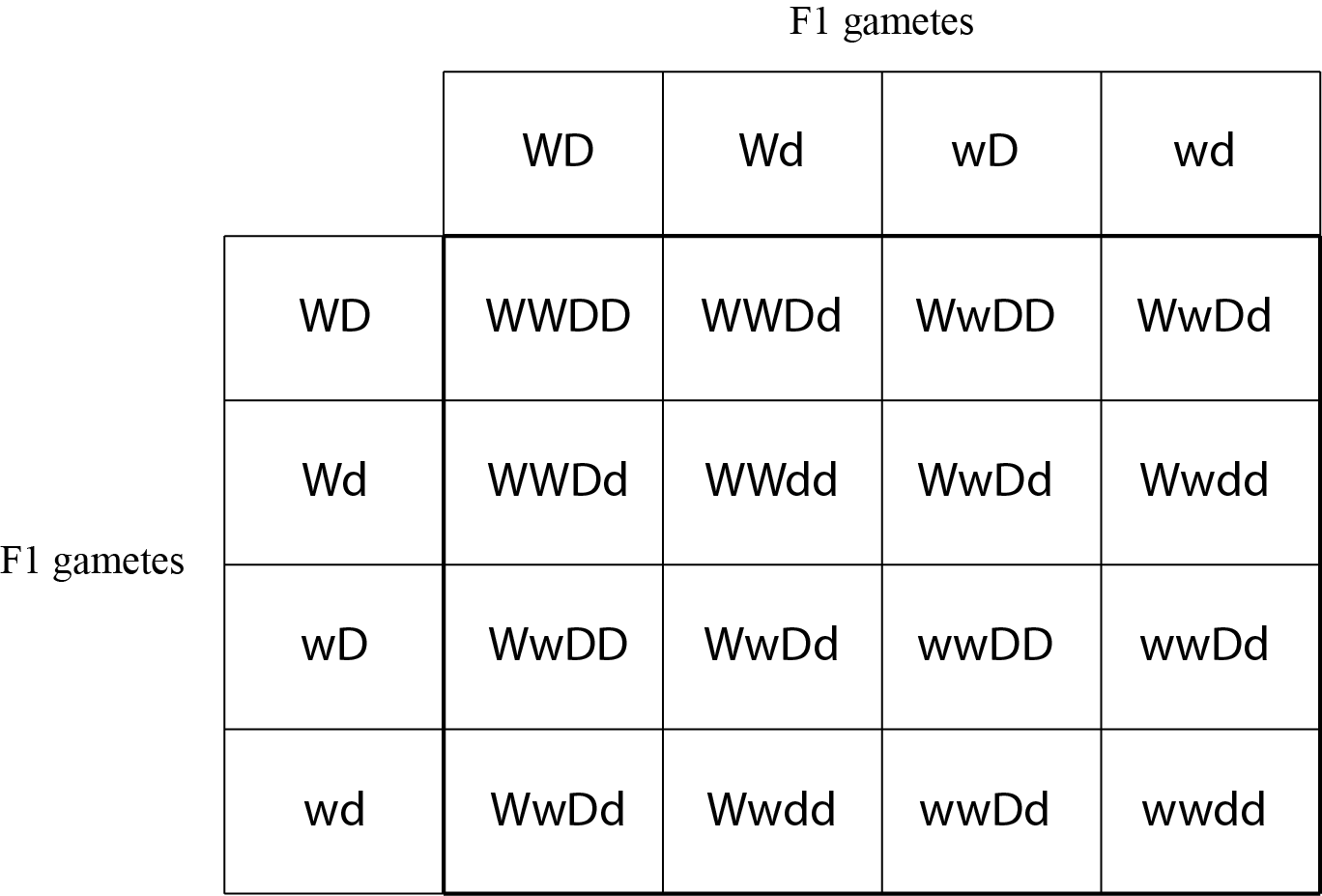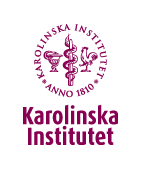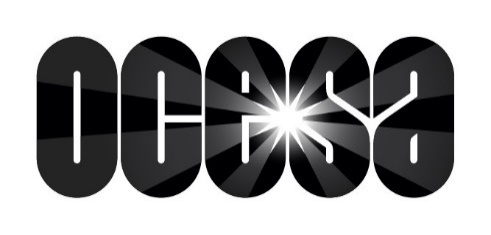old and new challenges for global governance by maría victoria whittingham munévar,phd r. keohane (1984, 1998, 2000, 2002) professor of p
Old and new challenges for global governance
by María Victoria Whittingham Munévar,PhD
R. Keohane (1984, 1998, 2000, 2002) professor of Political Science at
Duke University, stressed the challenge that globalization represents
for governance and institutions; summarizing his arguments:
1.
Increasing interdependence without organized government would lead
actors to seek to solve their own problems by imposing costs on
others.
2.
Globalization makes some degree of global level regulation
essential, but both institutions and loyalties are much deeper at
local and national levels.
3.
Since there is no global constitution, the actions of the entities
that make or represent global rules are often not regarded as
legitimate.
4.
World politics as a whole lacks universally accepted values and
institutions.
There are some institutions that are recognized as representing global
governance, such as the UN, the OAS, the European Parliament, and
others. The question is how effective are these institutions and how
do we enhance their effectiveness? Keohane stated (2001) that in
evaluating institutions there are three useful dimensions:
consequences, functions, and procedures. These dimensions were very
useful in analyzing the case presented in this paper, as discussed in
the case section.
Clearly the process of globalization has created new demands for these
organizations and is transforming the political structure of the world
system. The main question deduced from the literature review regarding
globalization is:
Do we have the correct institutional structures and arrangements to
deal with the demands that these changes are creating?
This question was not necessary when the activity of governance would
have been thought of as limited to states and the formal
intergovernmental organizations they agreed to create; but as we enter
into the twenty-first century, global governance is being resulted as
systems of rules at all levels of human activity.
Global Governance
The first institutions appeared as sets of rules that must be applied
under certain circumstances, and in order for the authorities to be
able to reinforce these norms a level of agreement was required from
the collective. In fact, we are talking about governance in its more
simple definition, as the system of interactions between the different
actors involved on matters of public concern, and about institutions
as the principles for regulating these relationships.
Today, we are facing new and different challenges resulting from the
giant leap in complexity of human systems that globalization implies.
The new interactions in play define new forms of governance and
necessarily demand new institutions regulating the emerging systems.
The regulative power of institutions is their main characteristic and,
as a matter of fact, it applies to any level of social and political
interaction whether it be local, national, or global. It is also clear
that having appropriate institutions at any level of governance is
critical for assuring the functionality of the global systems.
Held, Mc Grew, Goldblatt and Perraton, in “Global Transformations:
Politics, Economics, and Cultures” (1999), dedicated a whole chapter
to present the shift in reach of political power, authority and forms
of rule. They characterized the contemporary (globalization) era as
marked by a deterritorialization of politics, rule and governance,
although new forms of territorialization, such as regionalism, are
evident as well. They proposed that the term global governance helps
articulate the stretching of political relations across space and
time; and presented the following definition:
by global governance is meant not only the formal institutions and
organizations through which the rules and norms governing world order
are (or are not) made and sustained – the institutions of state,
intergovernmental cooperation and so on – but also all those
organizations and pressure groups - from MNCs, transnational social
movements, to the plethora of non-governmental organizations – which
pursue goals and objectives which have a bearing on transnational rule
and authority systems (see Rousenau, 1997)[2]
This definition of governance reflects the complexity of interactions
affecting and transforming the existing systems of authority in the
world, and also the development of new layers of governance; as
mentioned by Held et al., today, more than ever, action at a distance
permeates with greater intensity the social conditions and cognitive
worlds of specific places or policy communities. Regarding the impact
that these changes entails for the nation-state, they mentioned that
the national government is now locked into an array of global,
regional and multilateral systems of governance. It is interesting to
notice that they referred to the national government and not the
nation-state. As mentioned before this may no longer be a valid term
for encompassing the interactions within a country.
For supporting their claim about global governance Held et al.
mentioned, among others, the fact that there has been a significant
increase in the number of cases in national courts in which issues of
international law have been raised, whether involving the
interpretation of treaties or other international legal documents.
They conclude that the evidence indicates that there is no longer a
strict separation between domestic and international legal rules. A
new domain of law has emerged or at least has became visible, what
Held et al., among others called global law, meaning those elements of
law which have far reaching national consequences; basically these
elements are meant to protect basic humanitarian values which can come
into conflict, and sometimes contradiction, with national laws (Held
et al., 1999, p.70). Finally, Held et al. emphasized the role played
by the traditional and new media in enabling individuals and groups to
overcome geographical boundaries and in having access to a new range
of social and political experiences; the new communication systems
offer new frames of political references independent of direct
contact.
In the year 2000, W. Andy Knight published “A Changing United Nations:
Multilateral Evolution and the Quest for Global Governance”. This book
is particularly interesting because it presented the challenges that
globalization had posed to the United Nations as the main institution
of global governance.
In the very beginning, the following quote from Kofi Annan, Secretary
General of the United Nations, is presented:
State sovereignty, in its most basic sense, is being redefined – not
least by the forces of globalization and international co-operation.
States are now widely understood to be instruments of their people and
not vice versa. At the same time, individual sovereignty…has been
enhanced by a renewed and spreading consciousness of individual rights[3]
Knight presents a review of the practices of global governance and
concluded that there are two conceptions, or at least two dominant
conceptions, one being defined by the hegemonic groups, and the other
by social groups and movements; the first is a ‘top-down’ form of
governance, while the second is ‘bottom-up’ (Knight, 2000, p. 161). In
the conclusions, Knight presents an argument for the normative
approach to global governance, as he stated it, the act of striving
toward the ideal of global governance is considered worthwhile,
particularly if at least some progress is made in the improvement of
the living conditions of people across the globe (Knight, 2000,
p.180).
In the year 2001, a continuation of the previous debate was presented
in the book by Emmerij, Jolly, and Weiss, “Ahead of the Curve? UN
Ideas and Global Challenges.” Interestingly, they focused in the term
good governance. They mentioned that the World Bank defined bad
governance as personalization of power, lack of human rights, endemic
corruption, and un-elected and unaccountable governments, and that
good governance must be the natural opposite (Emmerji, Jolly, and
Weiss, 2001, p. 192); thus good governance became the model to work
toward. The main conclusion of this book is that in order to promote
good global governance, the organizations representing global
authority, such as the United Nations, must be strengthened and
empowered. These organizations are receiving a lot of pressures from
the many new actors in the global political arena, and they need to be
capable of responding to them.
In the year 2002, the book “Global Community: The Role of
International Organizations in the Making of the Contemporary World”
by Akira Iriye, was published. The author describes the contemporary
world as ‘an arena for an increasingly complex interplay of state and
non-state actors, including multinational corporations, religious
organizations, regional communities, transnational private
associations, and even stateless persons (Iriye, 2002, p.vii). The
inclusion of many new actors never before mentioned as part of the
political body in the world and the fact that they have been
increasingly more active, define new layers and new systems of
governance, the more inclusive of them, at least in theory, is global
governance. Iriye focused in describing and understanding
international organizations, both intergovernmental and
nongovernmental. They are his unit of analysis. He argued that
international organizations respond to a world in which increasingly
the central actors are forces that cut across national frontiers; a
global arena in which individuals and organizations other than
sovereign states come together and engage in activities separate from
those pursued by national governments.
The most important consequence of these interactions, said Iriye, is
the generation of a global consciousness and of universal standards
for judging the behavior of nations. He mentioned that to some extent
this is a logical development for a twentieth century characterized by
conflict and violence at the interstate level, and I would like to add
that in the case of Latin America at the intrastate level as well.
Finally in the year 2003, Boäs and McNeill published their book
“Multilateral Institutions: A Critical Introduction”. Their focus is
two fold, one the major institutions that constitute the multilateral
development system, regarding them as political organizations whose
projects, programs, and policies have a significant impact on domestic
policies; and second, the critical and increasingly active role that
NGOs interaction with multilateral organizations plays in shaping
them. According to the authors, multilateral institutions, do place
some constrains on the activity of strong powers and thereby offer
some protection for weaker actors, for small states and poor countries
and people, multilateralism is preferable to unilateralism. Therefore
they considered that what is needed is the strengthening of
multilateral institutions by promoting critical perspectives and the
inclusion in equality of every stakeholder.
From my point of view the main contribution made by Boäs and McNeill
is the systematic review of what has happened to multilateral
institutions and how the emergence and enhancement of NGO’s impacted
them. According to Boas and McNeill, “Both private firms and NGOs will
interact with the multilateral institutions in a complex set of
relationships played out within a politicized arena, where issues of
legitimacy and governance will increasingly come to the fore” (Boäs
and McNeill, 2003, p.156).
Global governance is understood as a minimum framework of rules
necessary to tackle global problems, guaranteed by a set of
institutions, formal and informal, international and local, and
representing the interests of as many stakeholders as possible.
*
The process of globalization has created new spaces and new forms
of interaction among national and international stakeholders,
defining hence new systems of governance. There is a need of
having institutions that represent and incorporate these new forms
of interaction and the systems defined by them. Institutions that
represent global political interest, able to guarantee the minimum
human rights to its large constituency and in consequence think
and act globally.
*
The enhancement of civil society and the spread of social networks
have created an increase in the demand for transnational, global,
institutions capable of guaranteeing that states are instruments
at the service of their people and not vice versa (Koffi Annan in
“Two concepts of Sovereignty”, The Economist 18.09.1999).
Institutions of global governance are very important, despite the
arguments that argue that political institutions are not central
to the globalization process.
As a backing to the last point let’s look at two conclusions presented
by Keohane in his 2000 paper:
*
Holding states accountable depends on certain aspects of
globalization: those that derive from the existence of significant
political institutions with global scope.
*
Holding powerful organizations accountable will require meshing
together more effectively mechanisms of internal and external
accountability.
 NCEA LEVEL 2 BIOLOGY (91157) 2014 — PAGE 5
NCEA LEVEL 2 BIOLOGY (91157) 2014 — PAGE 5 SCHEDULE BB ARTICLE 4 ACTUARIAL FUNDING CERTIFICATE THIS CERTIFICATE
SCHEDULE BB ARTICLE 4 ACTUARIAL FUNDING CERTIFICATE THIS CERTIFICATE T EST INDIVIDUAL BASADO EN LOS 8 NIVELES DE
T EST INDIVIDUAL BASADO EN LOS 8 NIVELES DE FOR IMMEDIATE RELEASE DSPECIALISTS HAS DEVELOPED A NEW VERSION
FOR IMMEDIATE RELEASE DSPECIALISTS HAS DEVELOPED A NEW VERSION DFM2 LÄRANDEMÅL (167) MOMENT 2 URINORGANEN DFM2 LÄKARPROGRAMMET T2
DFM2 LÄRANDEMÅL (167) MOMENT 2 URINORGANEN DFM2 LÄKARPROGRAMMET T2 I E CENTRO FORMATIVO DE ANTIOQUIA TIPOS DE ARCHIVOS
I E CENTRO FORMATIVO DE ANTIOQUIA TIPOS DE ARCHIVOS LES TANGUY CES JEUNES QUI VIVENT ENCORE CHEZ
LES TANGUY CES JEUNES QUI VIVENT ENCORE CHEZ ¡GERA MX SE UNIRÁ AL STREAMING GLOBAL DE CHRISTIAN
¡GERA MX SE UNIRÁ AL STREAMING GLOBAL DE CHRISTIAN